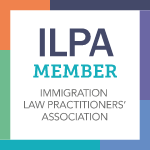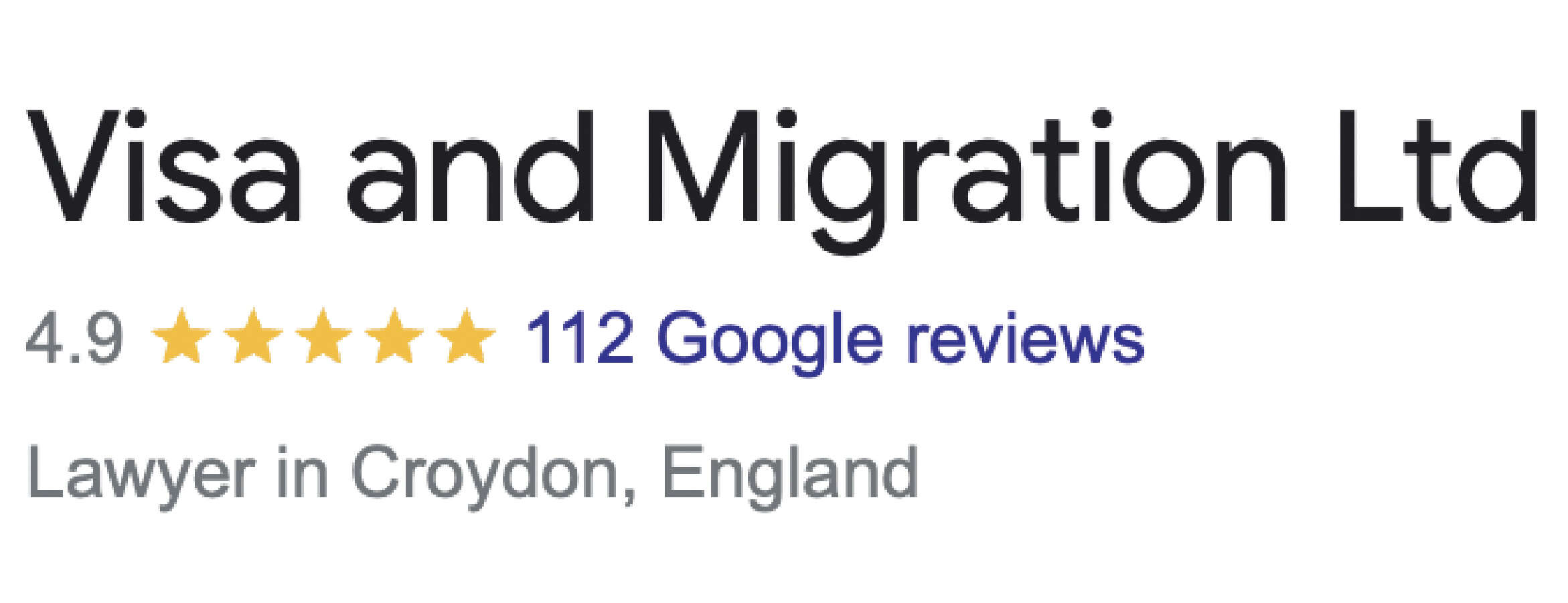
2021 04 MAR
Changes to Immigration Rules 04 March 2021
Introduction of the Graduate Route
The Graduate route is a new route for international students who have successfully completed an eligible course as a student at a student sponsor which is a higher education provider with a track record of compliance. It improves the UK’s offer to international students considering study here, by giving those who successfully complete an eligible course a further two years (three years for those being awarded doctorates) in the UK, during which they can work or look for work at any skill level.
The suitability requirements will apply, and criminality, misconduct, and breaches of immigration law will disqualify someone from being granted permission on the route, except where periods of overstaying can be disregarded in certain limited circumstances as set out in the Immigration Rules.
Study on an eligible course must have taken place in the UK for a minimum period which is based on the total length of the course. For those who have completed a course lasting 12 months or less, the whole of the course must have been studied in the UK. Those on courses lasting longer than 12 months will need to have been granted permission for at least 12 months on the Student route and have spent that time studying in the UK. Where distance learning has taken place outside of the UK as a result of Covid-19, students will still be eligible for the route, depending on the start date of their course and the date by which they enter the UK as a student to complete that course.
Dependent family members will be permitted on the Graduate route, provided those family members are in the UK and had last been granted permission as dependants of the main applicant on the Graduate route. New dependants will not be permitted, except where a dependent child was born in the UK during a period of Student or Graduate permission.
Changes to Skilled Worker Route
“New Entrant” requirements will be changed due to the introduction of the Graduate Route. New job titles are being added to the shortage occupation list are –
Skilled Chefs will be removed from the shortage occupation list, however, they will continue to qualify as skilled workers due to salary requirement.
Further jobs of Deckhands on large fishing vessels (nine metres and above) and vent chick sexers are being added to the list of occupations jobs are only eligible where the job requires the worker to have at least three years’ full-time experience in using these skills.
A change is being made to salary reductions in Part 9 of the Rules, to prevent sponsors from reducing their Skilled Workers’ salaries below the level of tradeable points which have been assessed and awarded by the Home Office. If the sponsor wishes to reduce a salary on the basis the Skilled Worker can offset the reduced salary by relying on a different set of tradeable points, a new application will be needed. This ensures the new points are assessed by the Home Office and the Skilled Worker continues to meet the requirements of the route.
Changes to the EU Settlement Scheme
To enable a family member applying to the EUSS to rely on a family permit issued under the Immigration (European Economic Area) Regulations 2016 as a relevant document evidencing that relationship, where the family permit:
To bring within the scope of the EUSS and the EUSS family permit, the following family members of the people of Northern Ireland, where the relevant person of Northern Ireland is a British citizen (or a British citizen and an Irish citizen):
ATAS Requirement Cover
The Academic Technology Approval Scheme (ATAS) is a Foreign, Commonwealth and Development Office administered scheme that currently applies to all international students (except EEA nationals and nationals of Australia, Canada, Japan, New Zealand, Singapore, South Korea and the USA) who are subject to UK immigration controls and intend to study at a postgraduate level in certain sensitive subjects. The subjects are those where students’ knowledge could be used in programmes to develop advanced conventional weapon technology, weapons of mass destruction (WMD), or their means of delivery. Students studying such subjects must apply for an ATAS certificate before they can study in the UK.
Global Talent route to allow applicants who have reached the pinnacle of their careers to bypass the endorsement requirement and expedite the application process
The Global Talent category is for talented and promising individuals in the fields of science, digital technology and arts and culture wishing to work in the UK. ‘Talent’ applicants are already leaders in their respective field, while ‘promise’ applicants have shown the potential to become leaders in their field.
The current application process requires applicants to obtain endorsement from one of six endorsing bodies engaged by the Home Office, prior to making their application for permission to enter or stay in the UK. A change is being made to allow applicants who have reached the pinnacle of their careers to bypass the endorsement requirement and instead qualify if they have received a prestigious prize. The relevant prizes set 9 out in Appendix Global Talent: Prestigious Prizes, have been identified by the Global Talent endorsing bodies, based on their expert opinion, as demonstrating irrefutable evidence of exceptional talent.
Changes to Hong Kong British National (Overseas)
The changes made to Appendix Hong Kong British National (Overseas) correct a number of small errors as well as amending the form BN(O) that status holders and their dependents can use to apply for settlement. The changes also enable access to public funds where an individual who is in the UK on the BN(O) route later becomes destitute or is at imminent risk of destitution and successfully applies for a change of conditions. They also ensure that those who have been granted Leave Outside the Rules for 12 months, where their BN(O) application was refused, must meet the maintenance requirement when they subsequently apply for the BN(O) route.
Changes made to Appendix Hong Kong British National (Overseas) as well as paragraph 39E will allow BN(O)s who have overstayed in the defined period prior to the route opening and then who have successfully applied for the BN(O) route to apply for settlement and not be refused for failing to meet the lawful residence requirement.
Changes to the Student Route
A new subparagraph is being added to ST14.3 to specify that a person will not be prevented from meeting the academic progress requirement if they are on a 10 integrated Master’s or PhD programme and successfully complete the course leading to the award of the lower-level qualification which formed a part of that programme. A new Rule is being inserted at ST35.5 to specify that the dependant applicant must show that they have the required funds.
Changes to Continuous Residence
Changes are being made to Appendix Continuous Residence to clarify that where a person who had permission as a dependant was absent before 11 January 2018, that absence will not be counted towards the 180 day limit on absences for the purpose of settlement on the following routes: Skilled Worker, Representative of an Overseas Business, Global Talent, Innovator, T2 Minister of Religion, T2 Sportsperson, UK Ancestry or Hong Kong British National (Overseas).
Changes to T5 (Temporary Worker) Creative or Sporting Worker
Under the current system, any migrant working in the UK within the creative sector must have no more than 14 days between paid engagements. The new Rules allow migrants and their sponsors to ‘stop the clock’ by only counting time spent within the UK. This arrangement will better reflect the working-practices of the creative sector.
Changes to T5 (Temporary Worker) Youth Mobility Scheme
Changes to replace the requirement for a Certificate of Sponsorship with a requirement for persons applying from countries or territories without Deemed Sponsorship Status to produce evidence of sponsorship. Further, the time within which these applicants must obtain evidence of sponsorship before applying has been extended from three to six months.
In addition, the allocations of places available for persons applying from each country/territory with a youth mobility agreement with the UK have been updated in Appendix Youth Mobility Scheme: eligible nationals for 2021 with changes to the number of places available for persons applying from some countries/territories.
Changes to the Family Route
Changes are being made to allow applicants on the family route to rely on having proved their English language ability to the required level in a previously successful application for entry clearance or permission to stay.
Technical Amendments to Visitor Routes
Minor changes are being made to clarify and correct errors in Appendix V: Visitor, Appendix Visitor: Permitted Activities and Appendix Visitor: Visa National List, including:
• Clarifying the position for “relevant nationals” who intend to get married or form a civil partnership in the UK.
• Clarifying the study provisions under the Visitor rules by bringing all the requirements into the eligibility section of the rules and clarifying the ATAS condition in the visitor rules.
• Removing duplication of the requirement for those extending their stay in the UK as visitors.
• Clarifying the provisions for manufacturers and suppliers of goods to the UK.
• Clarifying the requirements for those coming to the UK for medical treatment under reciprocal healthcare arrangements.
• Consequential amendments of numbering.
The above information has been obtained from www.gov.uk you can read further details on HC1248 on 4 March 2021 can be found here
Should you wish to seek professional advice on your immigration case, please contact us on 02034111261, Visa and Migration Ltd is a private law firm with accreditation from the OISC and the Law Society.
...



